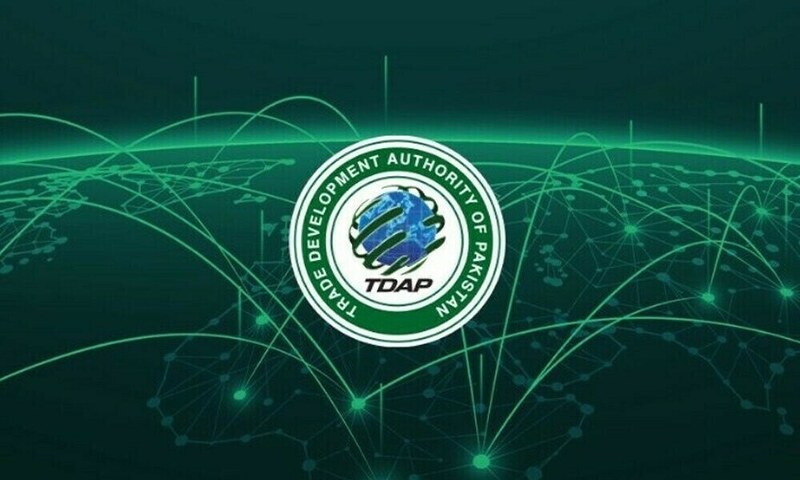By Press Release
Copyright brecorder

KARACHI: The Trade Development Authority of Pakistan (TDAP), in collaboration with the Department of Plant Protection (DPP), Agriculture Department of Punjab (Pest Control and Quality Control of Pesticide) and REAP, is spearheading a series of critical awareness seminars on the Management of Maximum Residue Limits (MRL) and Aflatoxin in Rice.
These seminars aim to tackle the pressing issues threatening Pakistan’s rice exports, particularly to the European Union (EU), where stringent food safety standards have led to increasing rejections due to pesticide residues and aflatoxin contamination. The initiative gains added urgency in the wake of recent floods that have severely impacted rice-growing clusters, exacerbating contamination risks.
The seminars will bring together farmers, researchers, exporters, provincial extension departments, and policymakers to devise actionable strategies, with sessions scheduled on 23rd September 2025 in Bahawalnagar, 24th September 2025 in Multan, 29th September 2025 in Sheikhupura, 30th September 2025 in Gujranwala, and 1st October 2025 in Sialkot. Additionally, seminars in the Sindh region are also scheduled to extend outreach to affected rice clusters there.
The seminars will feature expert-led technical sessions with prominent speakers, including Dr Mubarik (Consultant, TDAP), Dr AmerRasul (DG Pest Warning & QCP, Punjab), Dr Shafqat Saeed (Dean, MNSUAM), representatives from the Rice Exporters Association of Pakistan (REAP), Dr Muhammad Ijaz (Principal Scientist, Rice Research Institute, Kala Shah Kaku), and experts from the Department of Plant Protection (DPP). Athar Hussain Khokhar, Director General (Agro & Food), TDAP, will brief participants on current export trends and strategy for current year export targets.
TDAP’s efforts are particularly focused on addressing aflatoxin challenges in post-flood areas, where high humidity and moisture content have heightened fungal growth risks. The authority is promoting best practices such as timely harvesting, proper drying, and ventilated storage, alongside integrated pest management (IPM) to reduce pesticide residues. Recent data highlights a decline in non-compliance cases in 2025, reflecting progress, though challenges persist due to inconsistent adherence to pre-harvest intervals (PHI) and international standards like the EU’s stringent 4 ppb limit for processed rice.
Copyright Business Recorder, 2025



